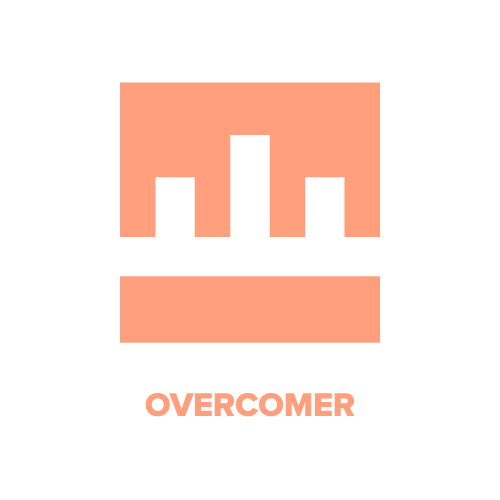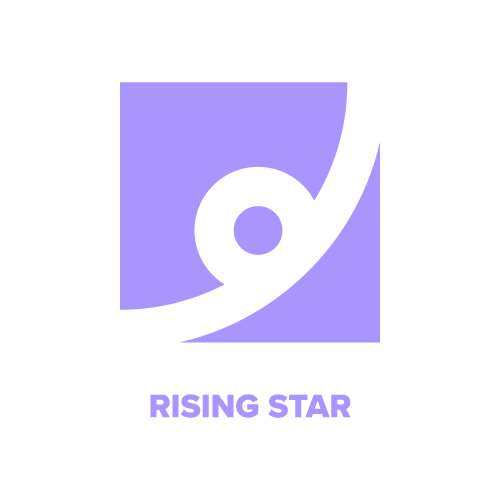Impact Index is a data and storytelling platform that aims to assess and showcase the most impactful startups and connect them with the right investors and partners.
Impact is assessed through a custom framework that evaluates the company’s transparency and risk, its business model, its environmental, social and corporate governance (ESG) activities and its contribution towards the UN’s Sustainable Development Goals. Following the assessment, the company is categorized into one of six archetypes.

For Impact Index’s purposes, the term startup also refers to companies that may otherwise be considered scaleups.
Our assessment methodology has been designed to include companies or ventures that are focused around a single product or service that the founders want to bring to market, as well as companies that are already in the market showing strong financial results. The assessment is open to companies that have been in operation for less than ten years, and the methodology is designed to evaluate the many different factors and criteria involved in determining a company’s overall impact.

In any discussion of impact in a sustainable business concept, one of the critical points is how we classify, quantify and measure impact.
Impact Index adopts the concept of impact as defined by the Impact Management Project. That is, as a change in outcome caused by an organization that can be positive or negative, intended or unintended. We focus on assessing for-profit startups with business models that might contribute to the UN’s Sustainable Development Goals and promote social, environmental or economic positive impact. Through our methodology, we are also able to establish a company’s potential impact. That is, a change in outcome that might occur if the startup achieves scalability.
The evaluation process is focused on understanding a wide range of distinct domains and activities. By using six different rounds of assessment, Impact Index examines each startup’s activities to assess the degree of its positive impact and consider how transparent it is in its communication. This framework provides an overview of the business’s approach and actions towards sustainable concerns. The startup is tested using both qualitative and quantitative metrics to help to determine its current and potential impact performance.


Based on the Centre for Social Innovation‘s impact compass, we apply exclusion criteria to calculate the company’s level of transparency.
We consider the organization’s efforts to disclose its activities and impact of its operations. This includes analyzing publicly accessible information provided by the company, its reports on impact, any theory of change, strategies to achieve or promote sustainability and information about the company’s impact management.

This part of the assessment focuses on understanding the company’s core business. We consider differences in value propositions, visions, innovation, beneficiaries and overall operations, as well as the financial situation of the company. We also evaluate whether there is any evidence of the circular economy, such as efforts to reuse, recycle or reduce waste.

This element is inspired by the Impact Management Project , which has defined five dimensions to measure impact. With over twenty questions, this section informs how we classify the company in the ABC model, in which A: Act to Avoid Harm, B: Benefit Stakeholders and C: Contribute to solutions.

This methodology assesses the economic, social and governance (ESG) activities of the company, as well as its economic impact. It is based on four pillars: governance, planet, people and prosperity, metrics devised by the World Economic Forum in collaboration with Deloitte, EY, KPMG and PWC for consistent reporting of sustainable value creation.

This is the final step of evaluation and one that achieves the main objective of the Impact Index platform: to determine how each company is contributing to the United Nations Sustainable Development Goals (SDGs).
We ask questions to assess which of the SDGs the company is working towards, followed by more in-depth questions to evaluate in what way and how much the company contributes to that specific SDG. We have developed 96 questions from the 169 metrics suggested by the UN to measure the 17 goals.
We acknowledge that using quantitative data to evaluate each company's contribution to the SDGs presents an evidence risk. We have defined specific questions based on the recommendations made in the 2030 Agenda for Sustainable Development and in our analysis of the company's impact we look at four factors in relation to the SDG: planet, people, prosperity and partnerships.
Impact Index methodology results in several outputs regarding the startup’s sustainability. The current and potential impact, financial situation, transparency, impact scope, value proposition and degree of change are evaluated to create an Archetype. In addition, a radar chart is produced for each startup, which outlines the organization’s level of scalability, the importance of the SDGs to its activities, its environmental consciousness and its degree of innovation.

The radar chart connects the data created from the questions asked. It allows us to analyze the startup in different dimensions and presents a clear view of the overall impact. This dimensions are generated from questions asked in the impact management and ESG and economic evaluation.






Impact Index’s assessment provides insight into each company’s activities in regard to impact. We then use this data to classify each company into one of six archetypes, representing a new and innovative way to categorize businesses.
Impact Index has created six archetypes by considering the following dimensions:
This includes assessment of the company’s growth stage, openness to share information and financial situation.
We consider the company’s likely scale of impact and the potential innovation of its value proposition and business model.
Using the IMP’s risk factors we consider how likely the impact is to occur as expected.







Source: Richter, KH. 30 Jan 2020. CESFi lecture slides: Managing the Impact of Sustainable Finance. Frankfurt School of Finance and Management. Certified Expert in Sustainable Finance
Source: Stanford Impact Compass - Center for Social Innovation of Stanford Graduate School of Business
https://www.gsb.stanford.edu/faculty-research/centers-initiatives/csi/impact-compass
Source: Dealroom - The foremost data provider on startups, growth companies and tech ecosystems in Europe and around the globe.
Source: Impact Management Project - The Impact Management Project (IMP) is a forum for organisations to build consensus on how to measure, compare and report impacts on environmental and social issues.
Source: World Economic Forum and Big Four Analysis
https://www.weforum.org/about/world-economic-forum-esg-metrics-and-disclosures-consultation-process
Source: UN’s 2030 Agenda for Sustainable Development and the SDGs
https://sustainabledevelopment.un.org/post2015/transformingourworld
Source: MIT Innovators Under 35